
Historical Facts That We've Been Miscommunicating for a Long Time
The Spanish Flu Came from Spain
Originally known as the "Three-Day Flu," this pandemic killed 50 million people in 1918 alone. Later, the disease became known as the "Spanish Flu" because Spain was one of the first countries to be heavily affected.

Even the Spanish king fell ill with the flu. Although it's nearly impossible to say where the Spanish Flu originated, John Barry in his book "The Great Influenza" points to the first case being in Haskell County, Kansas.
Christopher Columbus Discovered North America
Christopher Columbus actually did not discover North America; he explored the Caribbean, Central, and South America, but never reached the north. However, in the United States of America, it is still celebrated that he discovered the country.

There are records indicating that other Europeans had arrived in North America 500 years before Columbus, namely the Vikings. There are eight Viking structures on the Canadian island of Newfoundland, which have now been recognized as a UNESCO World Heritage site. It is believed that it served as a winter stopover for repairing ships and waiting out bad weather.
Albert Einstein Failed Math
The alleged fact that Albert Einstein failed math in school is just an anecdote that people pass on to explain their own poor grades. In reality, Einstein was extremely talented in mathematics.
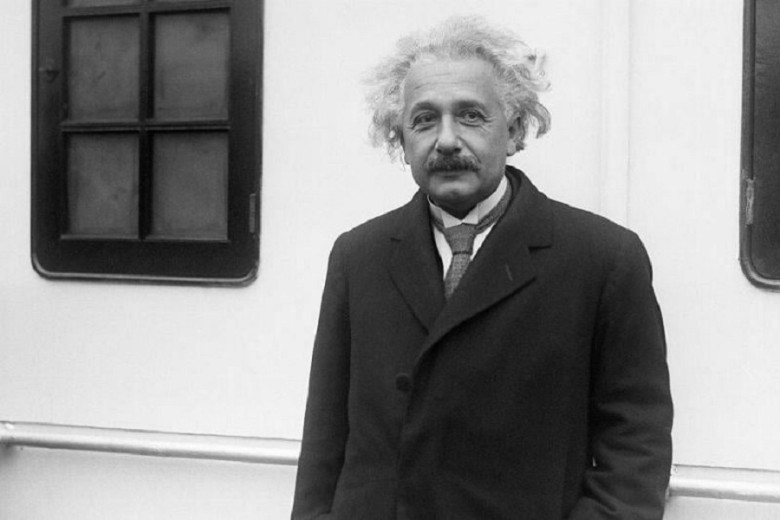
The Swiss education system has a grading system that one has to understand, leading to the false assumption. Einstein explained, "I never failed in mathematics. Before I was fifteen, I had mastered differential and integral calculus." He excelled in algebra and geometry, achieving top grades even at the age of 17.
Vikings Wore Horned Helmets
Vikings are often portrayed as large men with bushy beards, wearing helmets with horns and carrying large axes. However, there is no archaeological evidence that the Norsemen wore horns on their helmets. In fact, Vikings probably did not wear helmets or leather clothing at all.
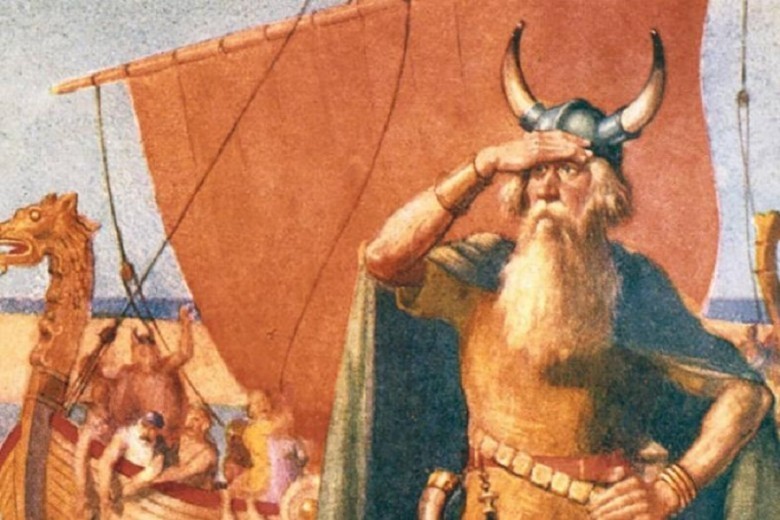
The false image of the Vikings can be traced back to the 1800s when Swedish artist Gustav Malmström included this depiction in his works. The idea was later perpetuated in Wagner's operas, which included Viking characters wearing horned helmets.
Jews Built the Pyramids
Amihai Mazar, a professor at the Hebrew University of Jerusalem, concluded that Jews did not build the Egyptian pyramids. Mazar explains that this myth was introduced by former Prime Minister Menachem Begin during his visit to Egypt in 1977.

Mazar further explains, "No Jew could have built the pyramids because Jews simply did not exist during that period." According to Dieter Wildung, the former director of the Berlin Egyptian Museum, archaeological evidence supports this: "The myth that slaves built the pyramids comes from tabloid newspapers and Hollywood. The world simply does not want to believe that the pyramids were built out of loyalty to the pharaohs rather than through oppression and forced labor."
The Pilgrims Held the First "Thanksgiving"
It is often told that the first Thanksgiving celebration was held by the Pilgrims in 1621. However, there are documents that prove there were several similar gatherings before, such as the one organized by the Spanish in Florida in 1565.
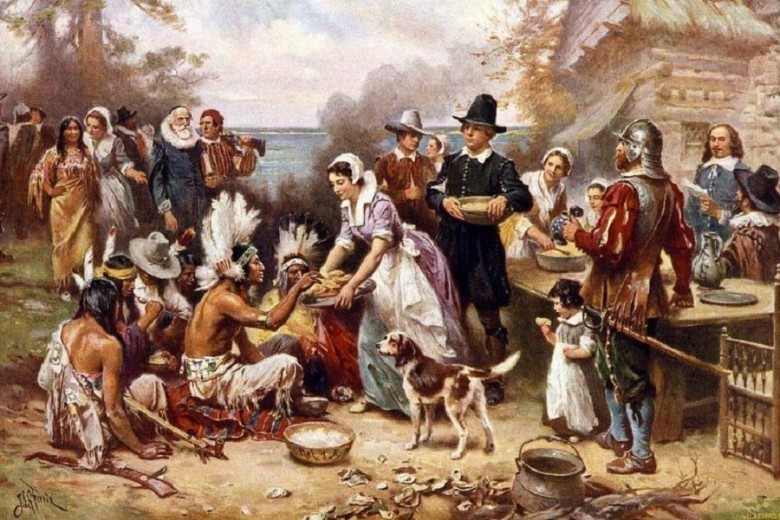
Furthermore, it was Abraham Lincoln who officially established Thanksgiving as a holiday in 1863, to be celebrated on the last Thursday of November. For a while, President Roosevelt moved the holiday to the third Thursday of November to boost the economy, until it was eventually moved back.
Marie Antoinette and the Infamous Cake
In his book "Confessions," Jean-Jacques Rousseau wrote that the famous princess had recommended, "let them eat cake," when there was no bread during the famine in France. Many people assume that Marie Antoinette said these words herself, but there is no evidence to support this theory.

Biographer Lady Antonia Fraser suggests that another French princess may have uttered these words over 100 years earlier. It was likely Marie-Thérèse, the wife of Louis XIV. This quote, or something similar, has been attributed to several members of royal families, even in ancient Chinese dynasties.
Paul Revere Shouted "The British Are Coming"
A classic story of the American Revolution claims that Paul Revere famously rode through the streets and from town to town. However, it seems to be just a myth. The knowledge of the British and the transmission of this information had already taken place
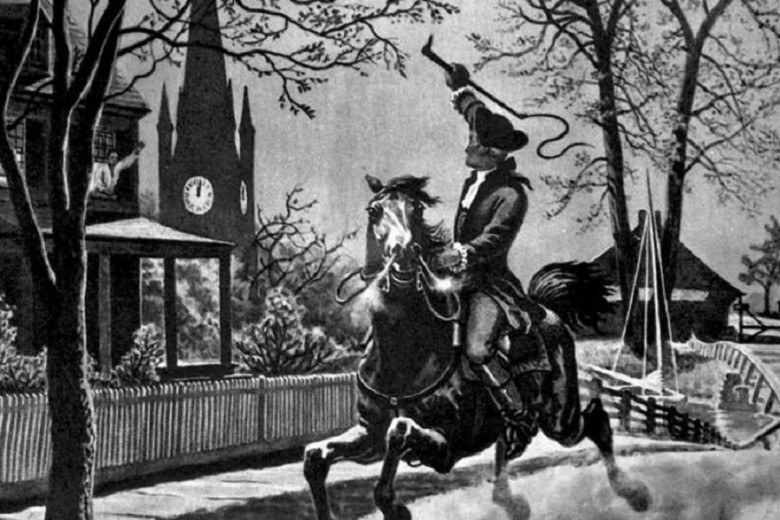
As a large number of British soldiers were hiding in the rural areas of Massachusetts. Besides, the colonialists still considered themselves British, so they would have used a different term for the soldiers.
A Cow's Kick Knocked Over a Lantern
In 1871, the Great Chicago Fire burned over three square miles of the city, resulting in approximately 300 deaths. There is a myth that Mrs. O'Leary's cow kicked over a lantern, which was written by a journalist.
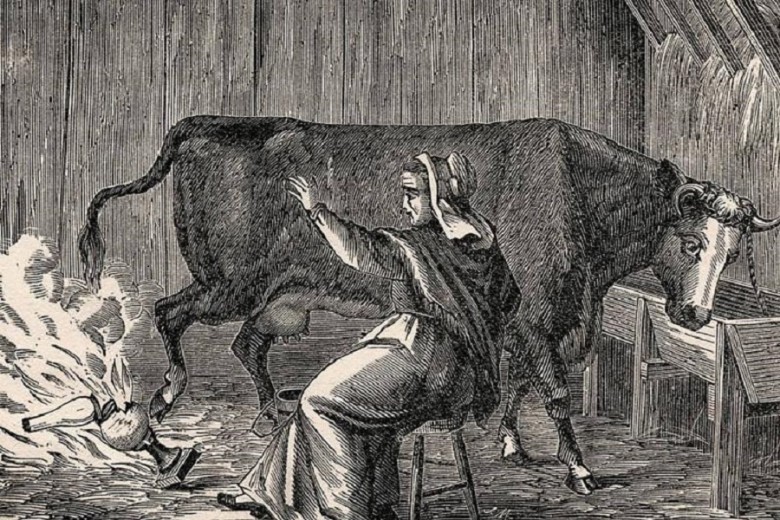
However, the journalist later admitted that he had made up the story. Although the fire did start in the neighborhood southwest of the city, it was caused by drought conditions.
Wall Street Workers Jumped from Buildings After the 1929 Stock Market Crash
After the stock market crash in 1929, rumors spread that the men working on Wall Street were jumping from buildings to their certain deaths. Although the president of Country Trust Co. and the chairman of Rochester
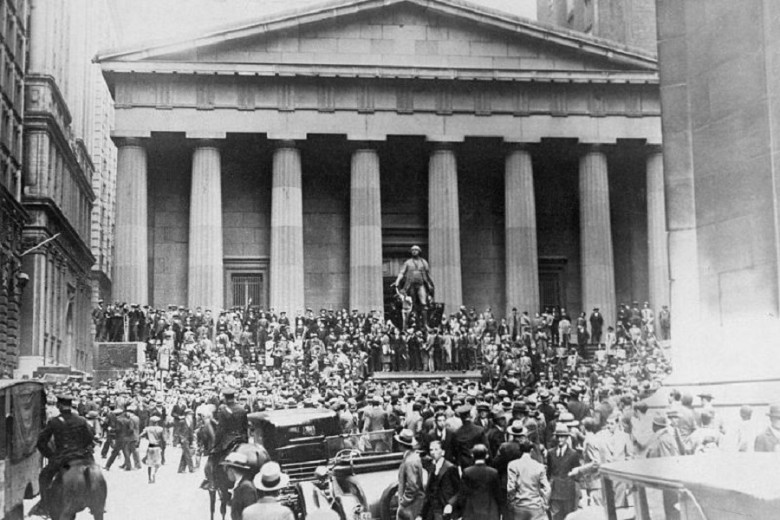
Gas and Electric both committed suicide, they did not jump—they used their firearms. Comedians like Will Rogers helped to spread the rumor, saying things like, "You had to stand in line to jump out of a window."
People Thought the World Was Flat During Columbus's Time
Many people believe that Columbus discovered America and that it was common to think the world was flat at the time. It was supposedly expected that Columbus would fall off the edge of the world.
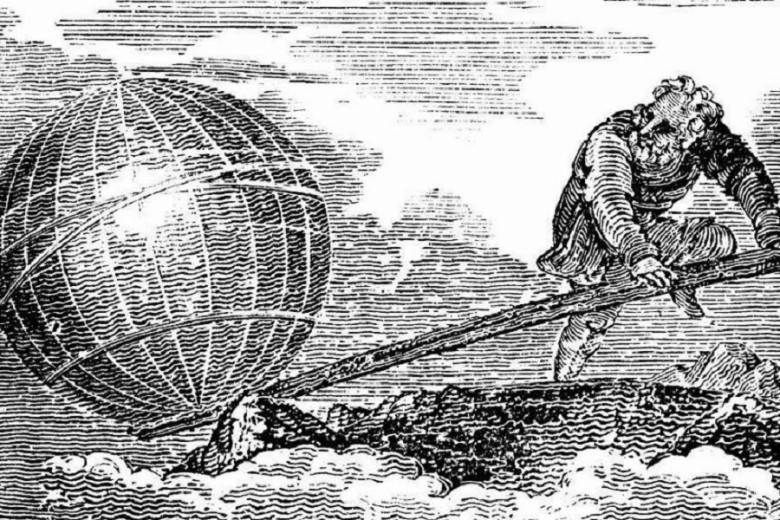
However, the idea of a flat world was already disproven in ancient Greece. While Columbus did believe he would reach the East Indies, which is why he referred to the people he encountered as "Indians."
Vincent Van Gogh Cut off His Ear
One of the best-known stories about the Impressionist painter Vincent Van Gogh is his severed ear, which he supposedly sent to a French woman. This was the result of one of his famous works, which depicts Van Gogh with a bandage over his ear.

However, in 2009, German art historians discovered a book titled "Pact of Silence," in which Van Gogh's close friend and rival, Paul Gauguin, confessed to cutting off Van Gogh's ear during a fencing match. They had an argument afterward and decided not to speak about it further. Gauguin also concluded that it was madness for Van Gogh to send his ear to a woman.
Lincoln's Emancipation Proclamation Freed the Slaves
While many people believe that the Emancipation Proclamation was beneficial for freeing the slaves during the Civil War, this is not the case. It only applied to the Confederate states, and since the North did not have the power to enforce the proclamation, not much happened.
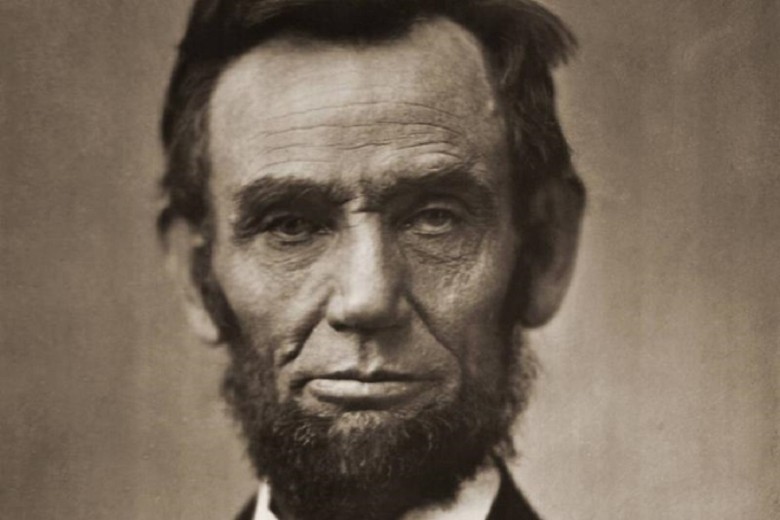
Therefore, the proclamation did not free the slaves in the northern states, and although slavery was less prevalent after that time, it was still legal. While it was illegal to buy and sell new slaves, owning them was still allowed.
Charles Lindbergh Was the First Pilot to Fly Across the Atlantic
Although Charles Lindbergh gained fame for his solo flight across the Atlantic in 1927, he was not the first. The honor actually goes to two British aviators, Alcock and Brown, who made the crossing in 1919 with a modified RAF bomber.

The two men flew from St. John's, Newfoundland, to Galway, Ireland, in just under 16 hours. Just a few weeks later, a British airship called the R34 did the same journey with several dozen crew members and passengers, taking four days to complete.
Thomas Crapper Invented the Toilet Flush
Although this is a popular misconception that has been entertaining children for decades, sadly, Thomas Crapper did not invent the toilet flush. He was a 19th-century plumber who manufactured a well-known brand of "water closets" in England, but he did not invent the flushing mechanism.
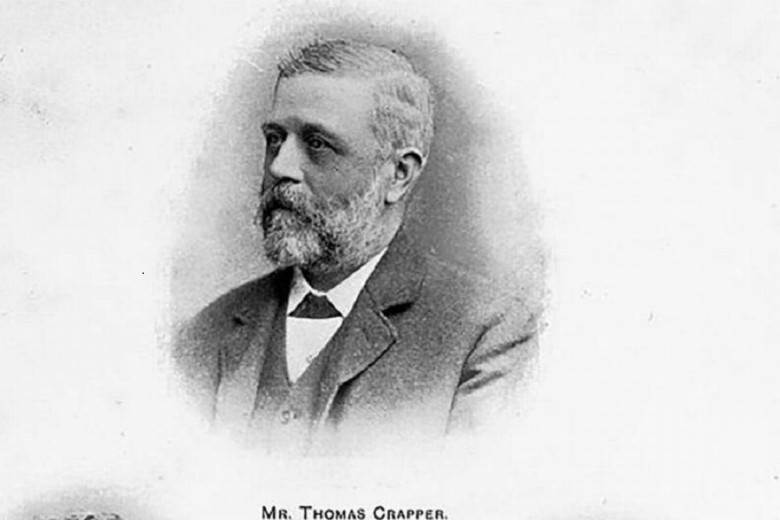
This great invention had already been accomplished in the 1840s, around the time when Thomas Crapper started his plumbing apprenticeship. Additionally, the word "crappe" originated in the 13th century and means "waste." So, Crapper didn't even invent the name.
George Washington Carver Invented Peanut Butter
While botanist George Washington Carver used peanuts to help the economy of South America and discovered various uses for the nut, he was not responsible for inventing peanut butter. Incredibly, peanut butter has been around since 950 BC, as the Incas in South America were already making it.

Furthermore, the patent for the first modern peanut butter was granted in 1884 when Carver was just 20 years old. Even in his obituary in the New York Times in 1943, there was no mention of Carver having anything to do with the invention of peanut butter.
Benjamin Franklin Recommended the Turkey as the National Bird
Something that will forever burden Benjamin Franklin's legacy is the belief that he recommended the turkey instead of the eagle as the national bird. He did mention both the turkey and the eagle in a single letter to his daughter.

In the letter exchange, he mentions military groups, the Society of Cincinnati, criticizing the eagle emblem for looking more like a turkey than an eagle. However, he never intended for the turkey to become the national bird.
Abner Doubleday Invented Baseball
In 1907, the Mills Commission determined that Civil War General Abner Doubleday invented baseball in Cooperstown, New York, in 1839. Today, the city is home to the National Baseball Hall of Fame and Museum. However, history professor George B. Kirsch explains in his book that Doubleday was actually at West Point in 1839, not in Cooperstown.

Additionally, Doubleday never left any evidence that he was involved with the sport. In 1938, Congress gave recognition to Alexander Cartwright for inventing the sport. He was not only the founder of the Knickerbocker Base Ball Club but also came up with the diamond-shaped field.
Cleopatra Was Egyptian
Although Cleopatra was the last ruler of Egypt, she was not actually Egyptian. Cleopatra belonged to the Ptolemaic dynasty, a family that originated from Greece and ruled over Egypt after Alexander the Great. Even as leaders of the dynasty, the family refused to learn the local language, and Cleopatra was the first to do so.
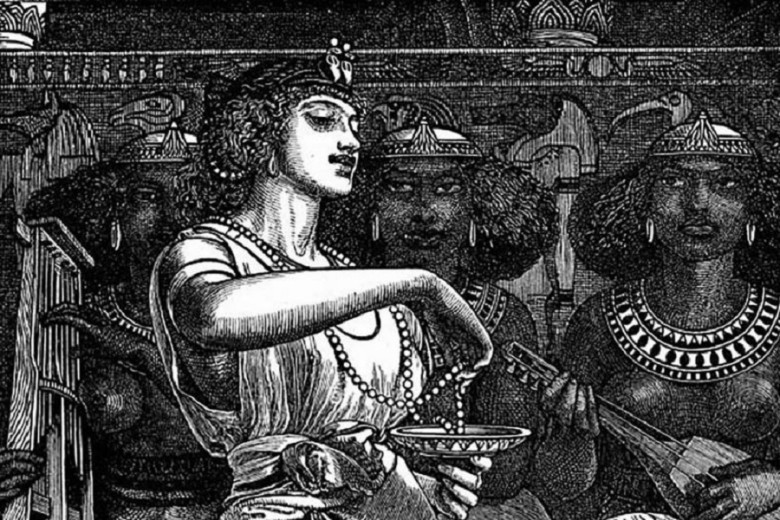
The misconception about her nationality is believed to stem from her style of dress and how she presented herself to the public. She portrayed herself more or less as a reincarnation of Isis, an Egyptian goddess.
A Lightning Never Strikes the Same Place Twice
This superstition stems from the hope that one can protect oneself from lightning strikes. It may be based on the observation that it is rare to see lightning strike the same spot twice, thus creating a false sense of "safety."

In reality, lightning can easily strike the same place multiple times, and it happens more frequently than one might think. The Empire State Building in New York is struck by lightning 20 to 25 times each year. In one case, a lightning struck the building eight times in just 24 minutes!
An Undercover Police Officer Must Identify Himself if Asked
What leads people to believe that an undercover police officer must disclose his identity when asked? Of course, this is not true; otherwise, the entire mission would be futile.

In fact, police officers are allowed to break the law in some cases to avoid drawing attention to themselves. The one thing they are prohibited from doing is forcing others to commit a crime.
Chewing Gum Stays in Your Stomach for a Long Time
This myth may have arisen because most parents don't want their children to swallow gum. The concern is that swallowing too much gum could potentially cause a medical issue.

However, if you swallow a small piece of gum, it's not a big deal and won't stay in your stomach for years. In fact, it will likely pass through your system within a few days. Like most things, gum will eventually be eliminated from your body.
Dyeing Your Hair Makes It Turn Gray Faster
This is another rumor that may have originated from a desire to discourage people from altering their natural beauty. While stress or aging can turn our hair gray, dyeing your hair has nothing to do with it.

In reality, coloring your hair frequently may cause skin irritation, but this can vary from person to person. It does not accelerate the graying process.
Touching a Frog Gives You Warts
Frogs and toads often appear to have warts all over their bodies, but that is actually not true. Those are glands that secrete a fluid to protect them from predators.

So, touching a frog will not give you contagious warts. Warts are caused by the human papillomavirus (HPV), and frogs do not have or transmit this virus.
Some People Are Left- or Right-Brained for Talent
People like to claim that they are left- or right-brained, meaning they are either logical (left) or creative (right). Someone who excels in mathematics is often referred to as "left-brained."

An artist is deemed to have special talent in the right hemisphere of the brain. However, our brain works collectively, and most talents utilize both hemispheres. Collaboration is necessary!
A Bird Mother Abandons Her Offspring if Touched by Humans
When you find a fallen bird that has left its nest, the rumor often circulates not to touch the bird, as its mother will no longer recognize it. Supposedly, the mother bird detects that the baby has been touched by a human and will no longer feed it.

While this may be true for other animals, such as cats, it is different for birds. Birds have very little sense of smell and cannot recognize if their offspring has been touched by a human.




















Comments
0 comment